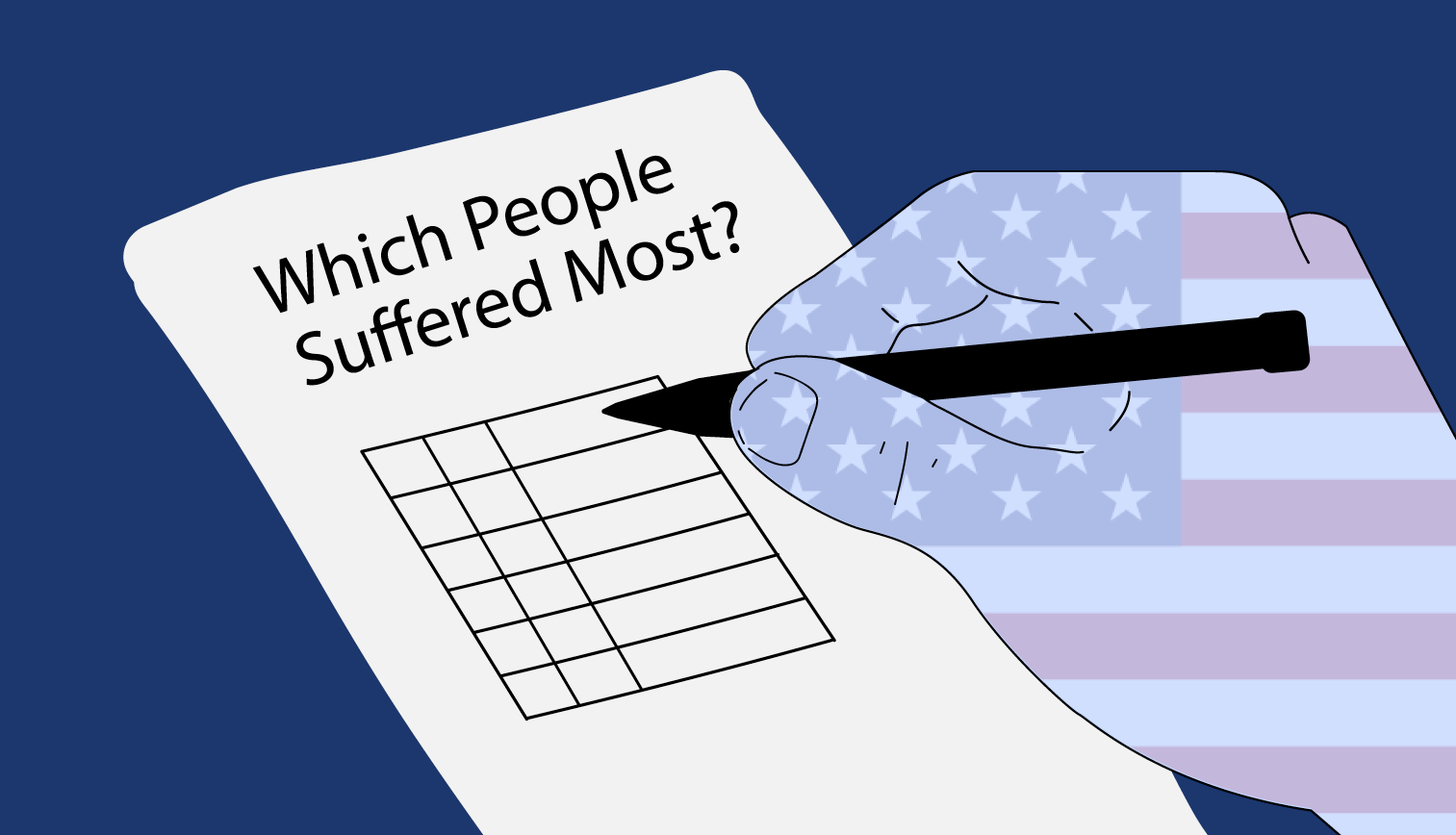After more than a century of quiet cowardice, the United States House of Representatives voted to officially recognize the Armenian Genocide, condemning the killing of 1.5 million Armenians and other Christians by the Ottoman Empire between 1915 and 1923.
405 members of Congress voted in solidarity with Armenians while 11 voted against the resolution and three abstained. A nearly unanimous, bipartisan House vote raises the question: why has it taken more than 100 years for Congress to form this consensus?
Congresswoman Ilhan Omar, the only Democrat to abstain from voting rather than recognize the genocide, calls the vote a “cudgel in a political fight” against Turkey, amid tensions involving military operations in Syria. According to Omar, the genocide should be recognized “based on academic consensus outside the push and pull of geopolitics.” The Congresswoman also used the vote as an opportunity to call for a “true acknowledgement of historical crimes against humanity” which addresses not only the Armenian Genocide, but also the transatlantic slave trade and systematic murder of Indigenous people.
According to academic consensus, the Armenian Genocide accounts for some of the most brutal instances of human rights abuses in history. Raphael Lemkin, the man who coined the word “genocide,” named the mass murder of Armenians as a definitive example of the term. Over 30 countries announced solidarity with Armenians prior to the United States in the wake of violence experienced by their ancestors as well as the continued violence perpetrated by genocide deniers.
It’s naive of Omar to suggest that the Armenian Genocide could exist “outside the push and pull of geopolitics.” The mass extermination of a group of people doesn’t happen by accident; it’s calculated, organized, and entirely political. The fact that Turkey, along with many other countries, will not acknowledge the struggles of Armenian people to have their history recognized, emphasizes the importance of the House’s decision to vote.
Perhaps this is what’s so jarring about Omar’s position; instead of acknowledging the collective trauma involved in a 100-year-old contested genocide, the Congresswoman uses the House as a soapbox to speak over the issue at hand, advocating instead on behalf of black and Indigenous people and the systematic violence they have faced. Although black and Indigenous struggle in America predates the Armenian Genocide – not to mention both groups continue to face discrimination and violence – it’s hypocritical to advocate for an intersectional call to arms encompassing all genocides only to abstain from voting in solidarity with Armenians. Intersectionality and solidarity involves showing up for one another; the House has passed resolutions recognizing the struggles of black and Indigenous people in America before, but this is the first affirming the Armenian genocide.
Though America is not the first country to pass this kind of resolution, its position encourages a dialogue about accountability and solidarity which may motivate other countries to officially recognize the Armenian Genocide in the future.
Graphic @sundaeghost




